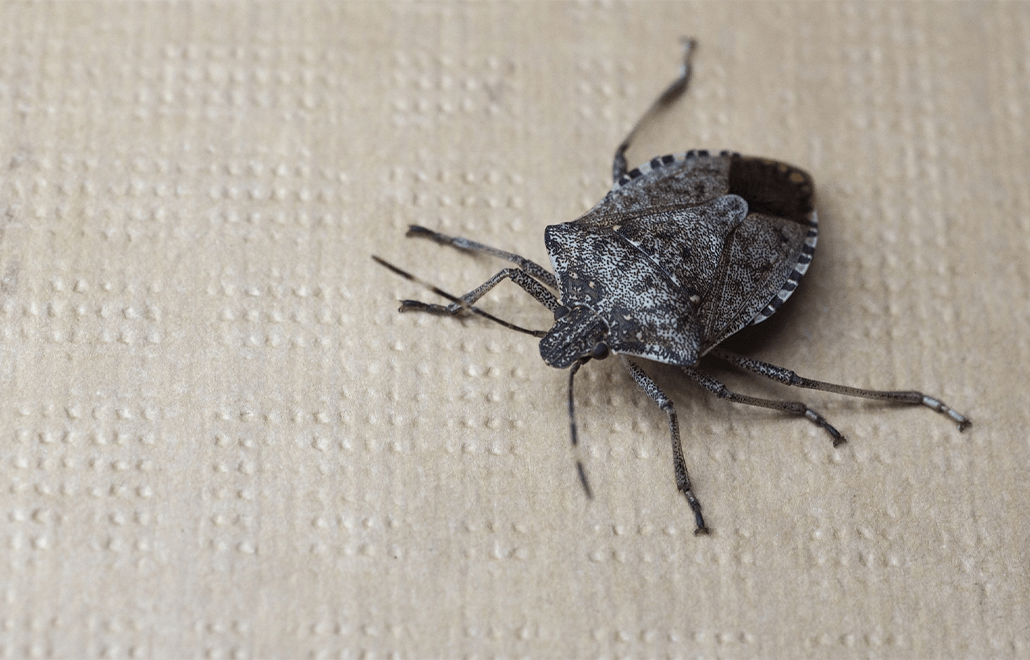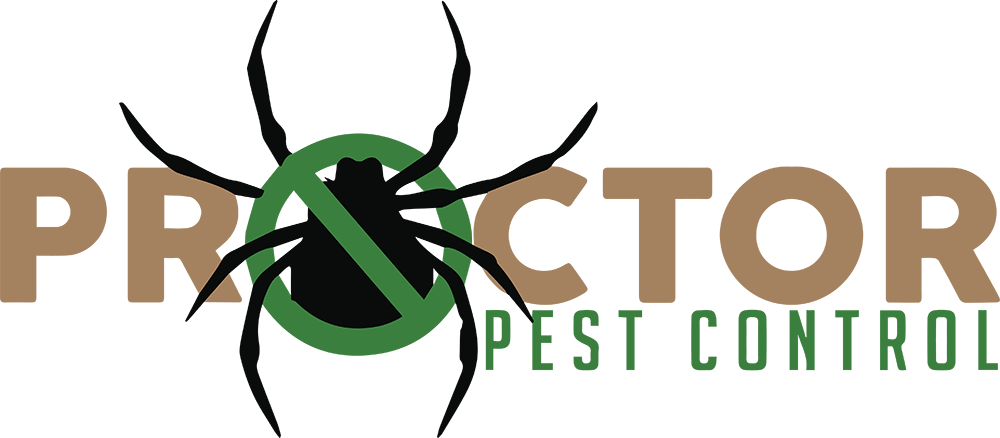
16 Jan Hibernate Or Invade? The Behavior Of Pests In Winter
As the temperature drops and winter sets in, many animals and insects adjust their behavior to survive the harsh conditions. This includes pests that may have been a nuisance during the warmer months. Understanding how pests behave in winter can help homeowners and businesses prepare for potential infestations and take preventive measures. In this blog, Proctor Pest Control explores the winter behavior of common pests and offers tips on how to keep your space pest-free during the cold season.
1. Overwintering Pests
Some pests adopt a strategy known as “overwintering” to survive the winter months. Overwintering pests seek shelter in protected areas to escape the cold. Common overwintering pests include:
– Rodents: Mice and rats are notorious for seeking refuge indoors during winter. They can enter homes and businesses through small cracks and openings, making your warm and cozy space their own.
– Stink Bugs: Stink bugs gather in large numbers on the sunny sides of buildings to bask in the winter sun. They often find their way inside structures, becoming unwelcome guests.
– Ladybugs: These beneficial insects also seek shelter indoors to escape the cold. While they are harmless, their presence in large numbers can be a nuisance.
2. Active Pests
Not all pests go into hibernation during winter. Some remain active and continue to be a concern for homeowners and businesses:
– Cockroaches: Cockroaches are known for their resilience. They thrive in warm indoor environments, and a heated home or business can provide them with a comfortable place to live and breed.
– Termites: Subterranean termites continue to feed on wood throughout the year, even during winter. They may stay underground but remain active.
– Bed Bugs: Bed bugs don’t hibernate and are active year-round. They can survive in colder temperatures, making them a persistent problem for many.
– Spiders: While some spider species become less active in winter, others, like house spiders, remain active indoors where it’s warmer.
To keep your home or business pest-free during winter, consider the following preventive measures:
1. Seal Entry Points: Inspect your property for gaps, cracks, and openings that pests could use to enter. Seal them to keep pests out.
2. Maintain Cleanliness: Regular cleaning and sanitation reduce the availability of food sources for pests like rodents and cockroaches.
3. Remove Clutter: Eliminate hiding spots by decluttering basements, attics, and storage areas.
4. Insulate: Proper insulation helps maintain a consistent indoor temperature, making your space less appealing to overwintering pests.
5. Professional Pest Control: Consider scheduling regular pest control services with Proctor Pest Control to create a protective barrier against winter pests.
In conclusion, understanding the behavior of pests in winter is essential for effective pest control. Some pests seek shelter indoors to escape the cold, while others remain active year-round. By taking preventive measures and being proactive, you can enjoy a pest-free and comfortable winter season. If you need assistance or suspect a pest problem, don’t hesitate to contact Proctor Pest Control for expert guidance and pest management solutions tailored to your specific needs.



